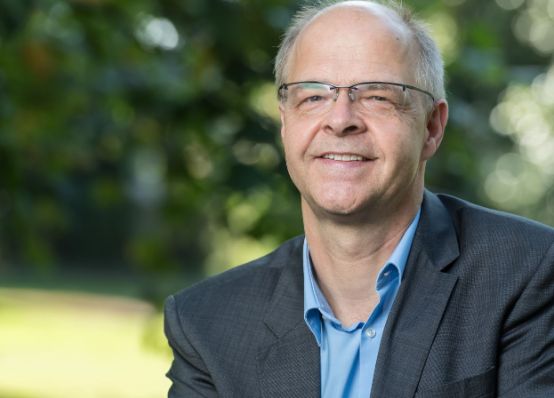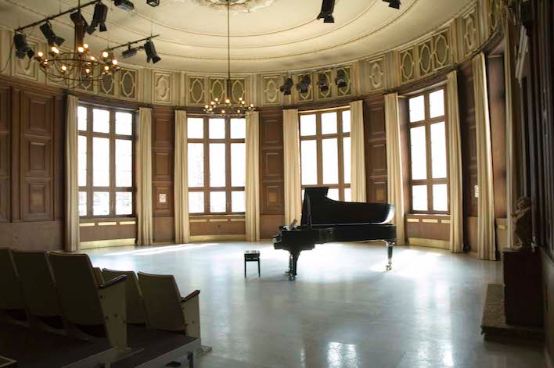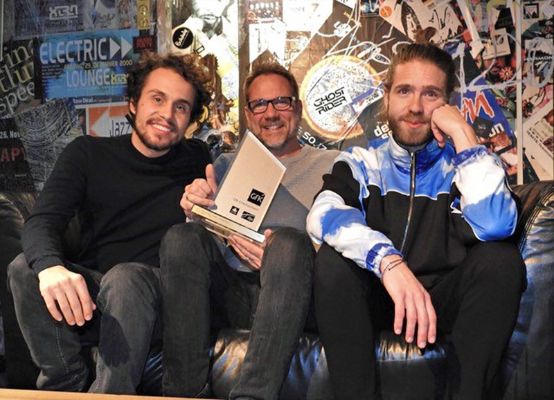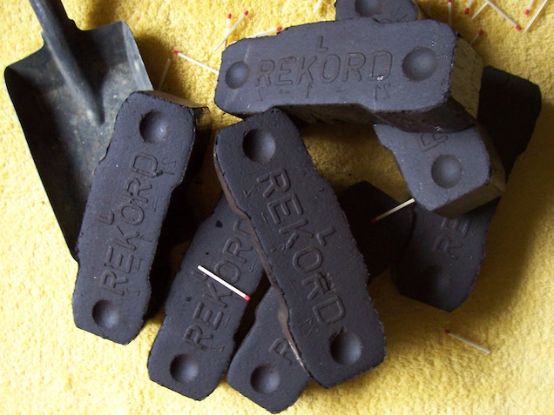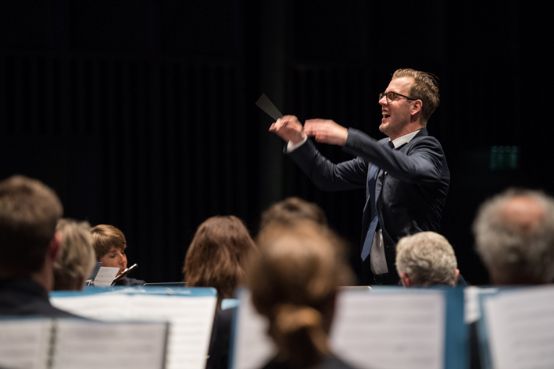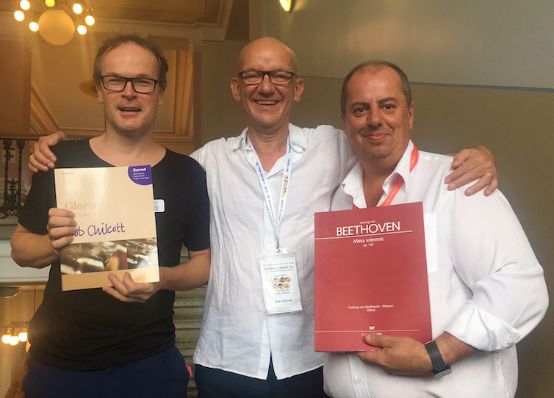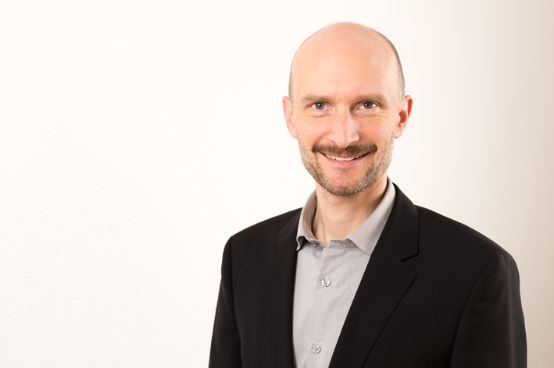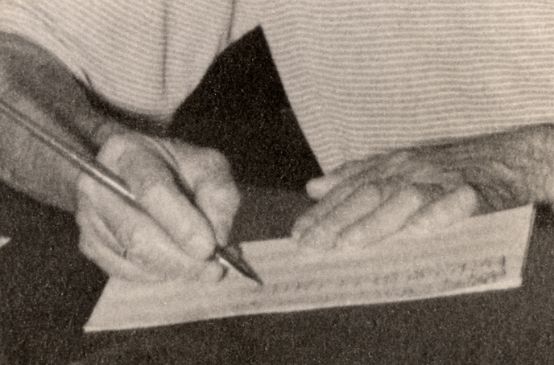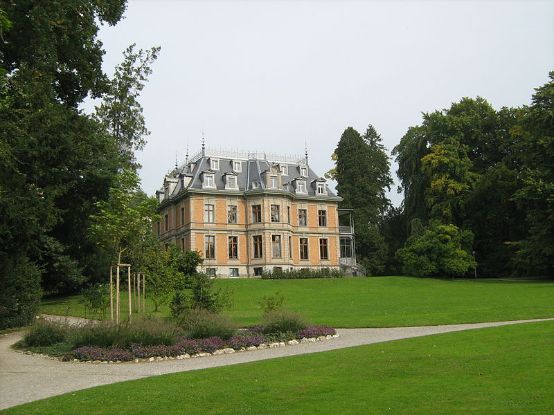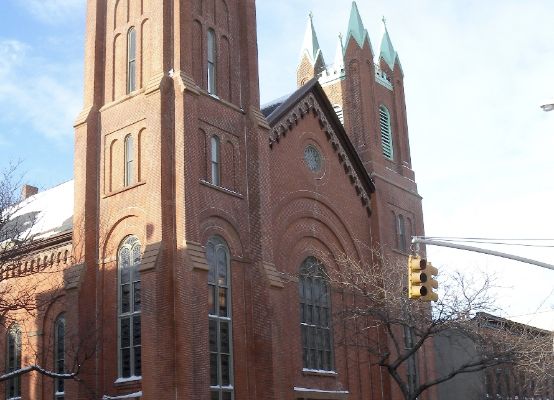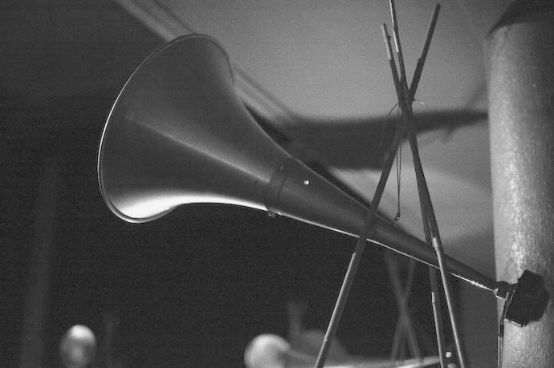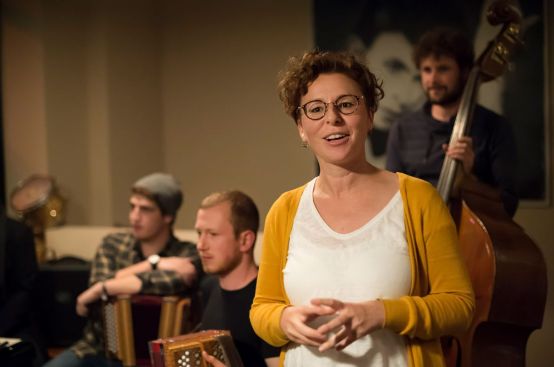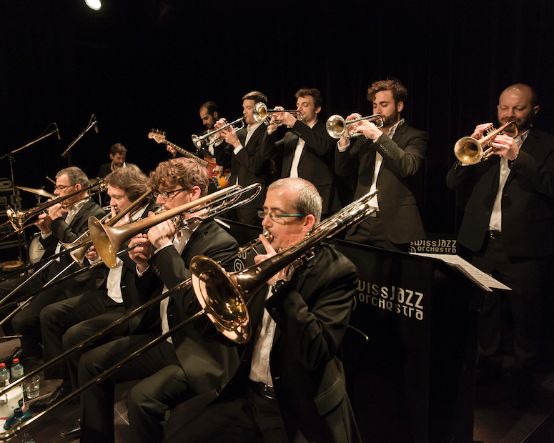TapTab music club receives more money
The Government Council and the City Council of Schaffhausen have renewed cultural service agreements. The contributions to the TapTab music association and the Kammgarn cultural center will be increased.
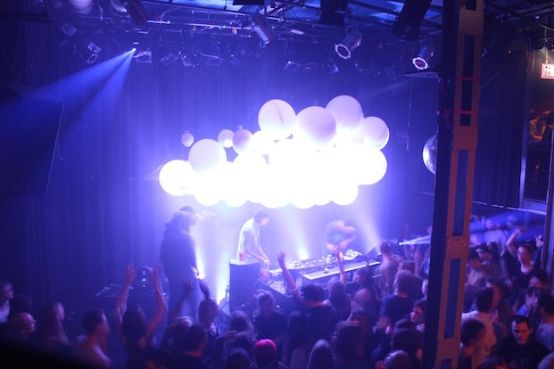
The TapTab music venue will now receive CHF 25,000 a year from the city (previously CHF 10,000). These increases will make a targeted contribution to the consolidation of operations and strengthen the competitiveness of the region's most important cultural center, writes the canton. The cantonal contributions to the TapTab music room (CHF 20,000), the Kumpane association (CHF 26,000) and the Haberhaus Bühne association (CHF 25,000) remain unchanged.
The agreements are valid from 2019 to 2023 with the Kultur im Kammgarn association and the TapTab Musikverein and from 2019 to 2022 with the Kumpane association and the Haberhaus Bühne association.
The previous service agreements between the canton and the city of Schaffhausen on the one hand and the service providers on the other have proven their worth, according to the official announcement. The renewed service agreements are also contracts that have been in place for several years.
It had also been known for some time that the financial support for the Kammgarn cultural center was no longer appropriate in relation to its supra-regional importance. Both the canton and the city of Schaffhausen have therefore increased their contributions. The city's contribution to culture at Kammgarn has increased from CHF 70,000 to CHF 110,000 per year, while the canton's support has risen from CHF 90,000 to CHF 100,000 per year.






